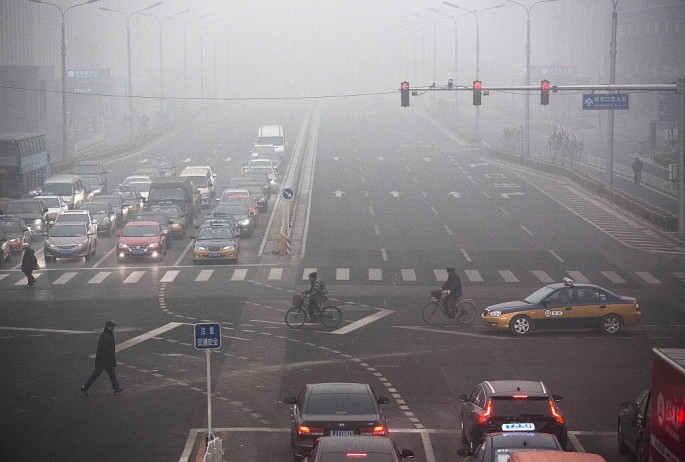A document has been released by the government to solve traffic woes in several cities across China, according to an article by the Global Times. Local governments are advised to remove walls that separate gated residential areas from the rest of the city.
To improve urban development and optimize the use of street networks in cities, an open and easy-access street-and-block system must be implemented nationwide, according to the Communist Party of China Central Committee and the State Council.
"No more enclosed residential compounds will be built in principle," the administrative order stated.
"Existing residential and corporate compounds will gradually open up, so the interior roads can be put into public use, which will save land and help reallocate transport networks."
The policy has been met with controversy, as many residents from such residential complexes complain that the administrative order might jeopardize neighborhoods' property and personal safety concerns.
"Residents will feel like they are sleeping in the streets," a netizen named Pingyuan Journey said. "Besides, how to deal with environment pollution and other factors that disturb residents and how to collect property management fees? People's happiness index will drop sharply."
A poll conducted by sina.com.cn on Monday, Feb. 22, also showed the public's sentiment, with 76 percent of over 85,000 respondents against the removal of residential barriers. More than 60 percent cited fear of personal and property safety as a major reason, while 25 percent of respondents fear residential amenities such as sports facilities and parking lots will be overrun with non-residents.
Urban planning experts, on the other hand, say that open urban designs will greatly help improve air quality and traffic congestion in cities.
Li Jianping, an urban planning expert from the Beijing Academy of Social Sciences, added that "controlling the number of skyscrapers is another way to tackle air pollution."
As for residential facilities, Li said: "Resources in residential compounds are public, which should be made available to all members of society. But the current enclosed structure privatized them to only its residents."



























